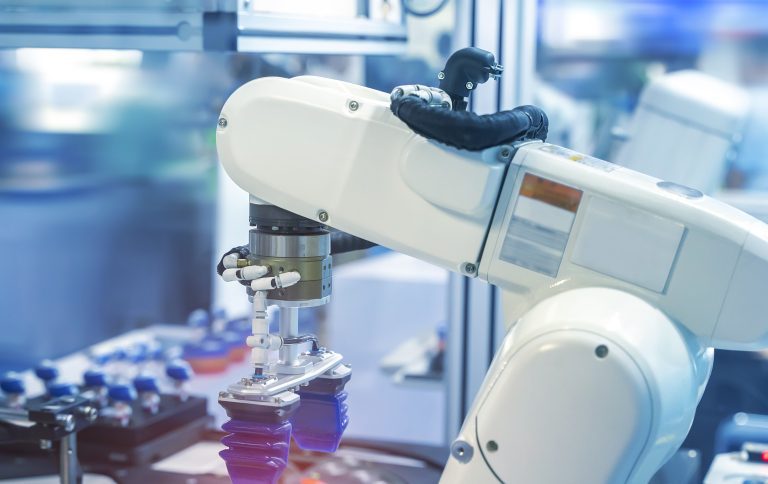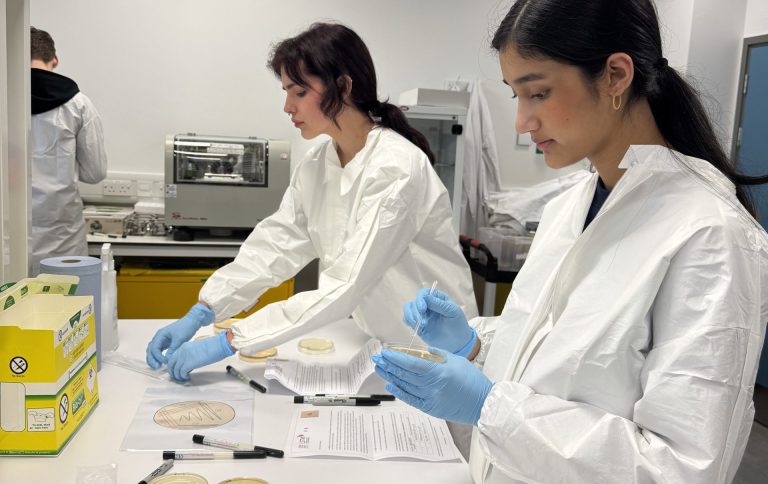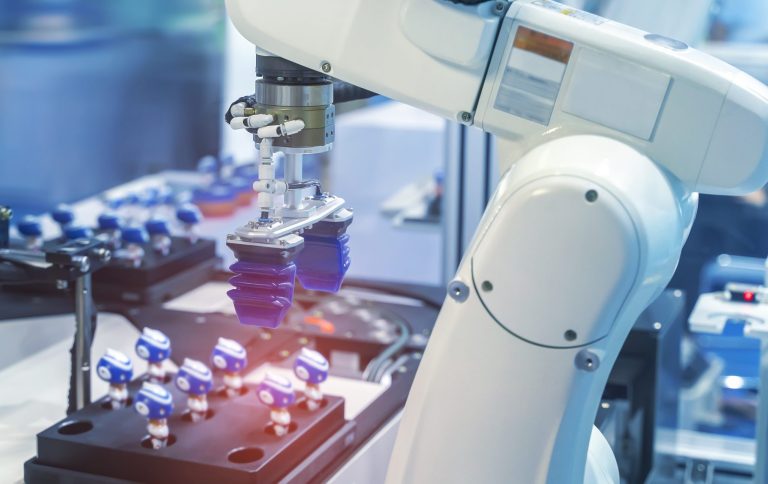- Find our latest Case Studies
- Our Platforms
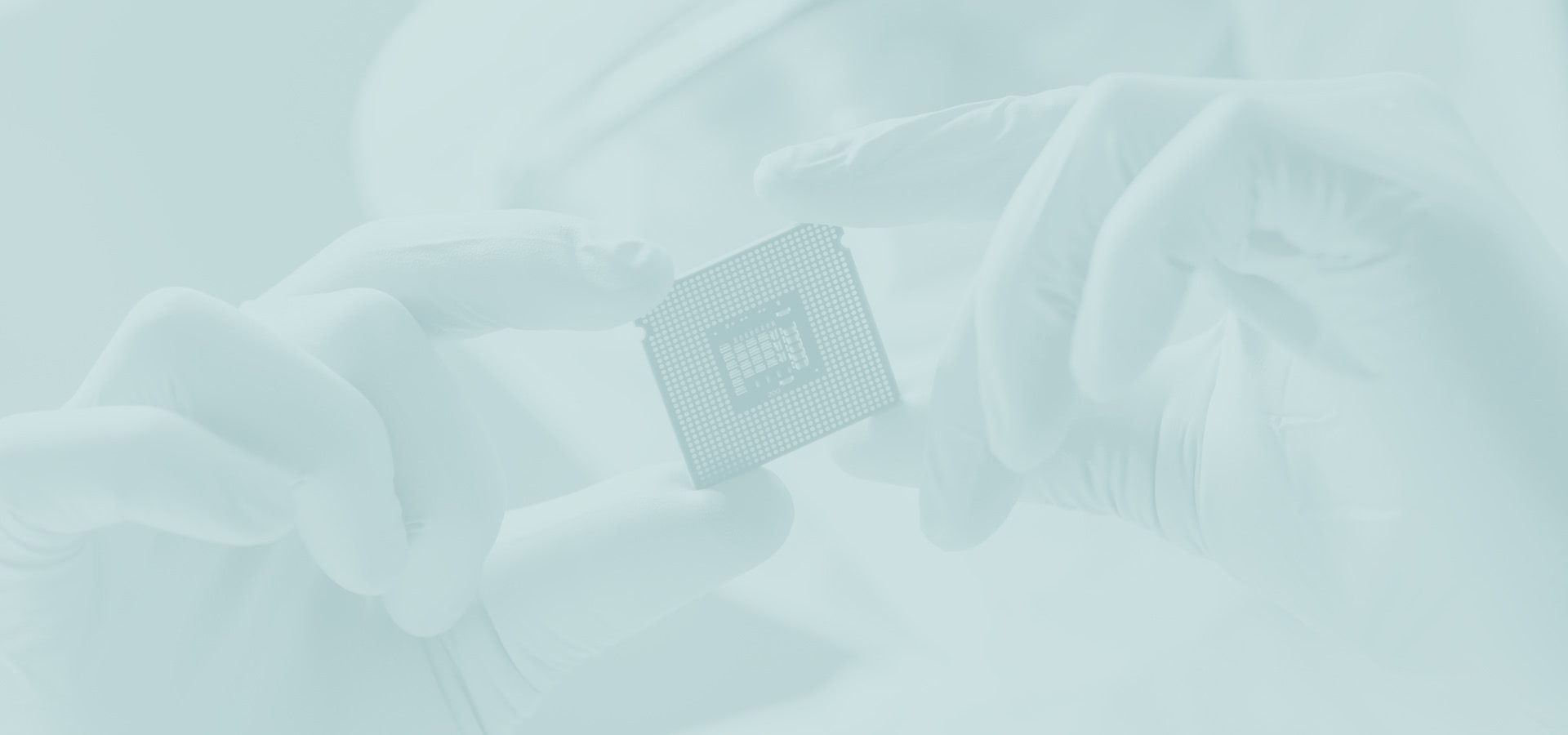
Platform 6: Diagnostics
This platform combines the expertise of leading centres of excellence. It provides industry access to:
-
LSTM’s broad based global expertise in diagnostics
-
Breakthrough sensor technology, advanced AI and machine learning through iiCON’s Infection Innovation Technology Laboratory: iiTECH
-
World-leading surface analysis capability through the Open Innovation Hub for Antimicrobial Surfaces at the University of Liverpool’s Surface Science Research Centre
LSTM’s broad based global expertise in diagnostics
Breakthrough sensor technology, advanced AI and machine learning through iiCON’s Infection Innovation Technology Laboratory: iiTECH
World-leading surface analysis capability through the Open Innovation Hub for Antimicrobial Surfaces at the University of Liverpool’s Surface Science Research Centre
Development and evaluation of diagnostics
This programme is designed to develop, evaluate and validate novel diagnostic technologies. It offers industry access to world-leading expertise and facilities that support every stage of the product development journey, from early-stage concept, through evaluation of prototypes and regulatory approval.
We work with industry using FDA approved protocols to assess analytical and clinical sensitivity and specificity and efficacy in real-world settings. Industry partners benefit from a broad diagnostic focus and expertise across a range of platforms including antibody and antigen detection (ELISA, lateral flow test, microfluidics), culture and molecular testing (qPCR, LAMP, portable platforms).
This is the UK diagnostic evaluation testing site for Foundation for Innovative New Diagnostics (FIND) which informs the World Health Organisation (WHO) on procurement and policy decisions. It also has access to the largest Containment Level 3 laboratories in the North West; able to work with hazardous pathogens such as SARS-CoV-2, Mpox, Mycobacterium and Influenza.
iiTECH: Break-through sensor technology
The Infection Innovation Technology Laboratory: iiTECH located at the Liverpool Life Science Accelerator leverages iiCON’s international, multi-partner sensor portfolio.
It combines cutting-edge sensor technology with advanced AI analysis and machine learning. iiTECH is developing a range of technologies including innovative advanced sensor technology, pioneering wearable devices, AI-driven predictive assessments, human-centred clinical testing, comprehensive quality assurance using non-destructive testing tools for reliability and precision, and long-term patient monitoring systems.
The laboratory also incorporates technology from Liverpool John Moores University’s BEST Research Institute, which has collaborated with iiCON on a number of innovative projects.
Development of novel surface technologies
World-leading surface design and analysis, through the Open Innovation Hub for Antimicrobial Surfaces housed with the University of Liverpool’s Surface Science Research Centre, enables anti-infective and vector control surfaces to be evaluated, optimised and upscaled via knowledge-based engineering. Sophisticated surface sensitive spectroscopic and imaging techniques allow surfaces to be mapped and engineering at multiple length scales from the nano to the macroscale level and enables the interaction between technology and biological systems to be studied with precision. This expertise is available to support industry in leveraging this technology to bring forward innovation in the anti-infective surfaces space in healthcare and vector control technologies in global disease control.
For more information or to learn how your business can engage with this platform.
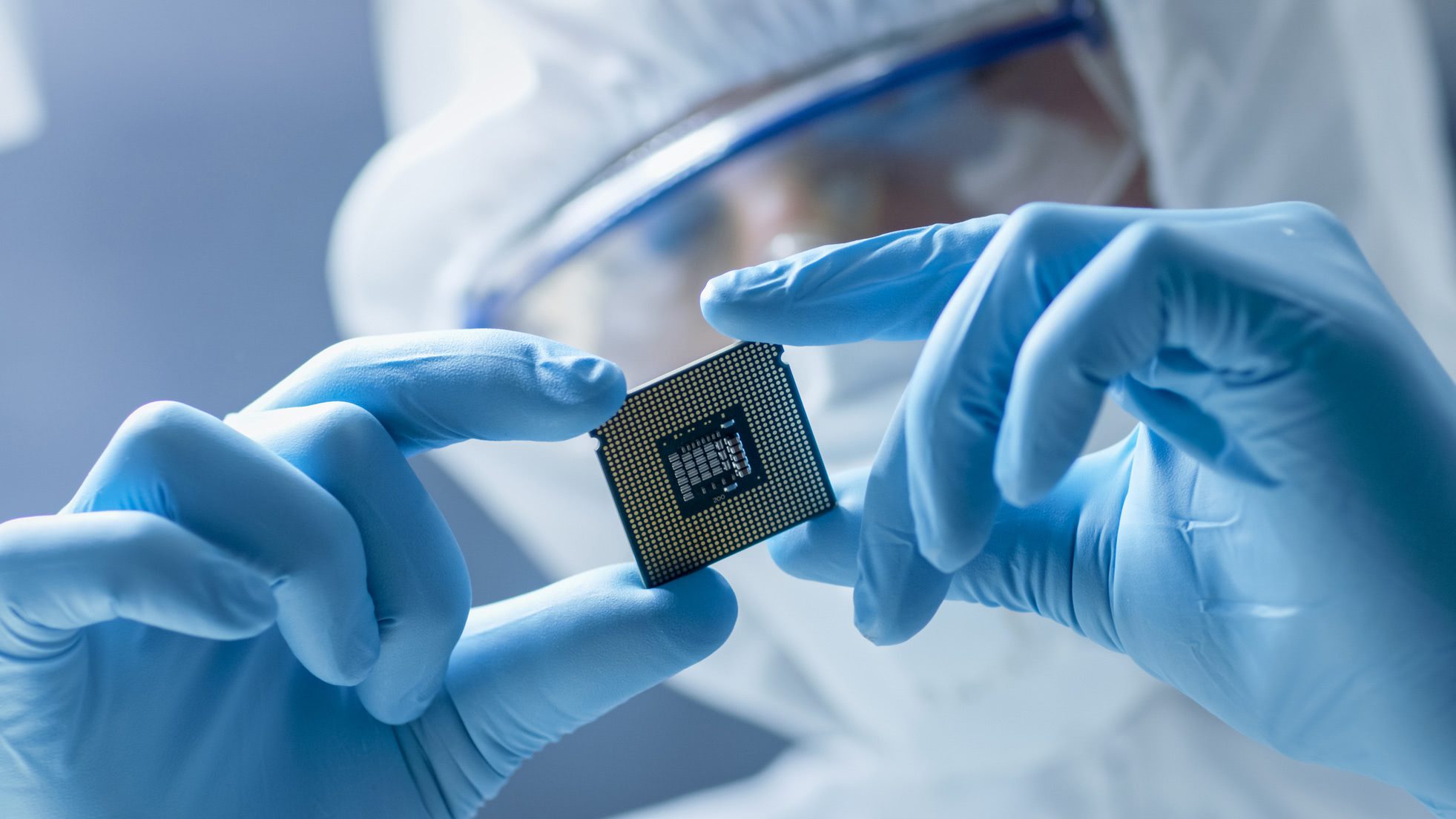

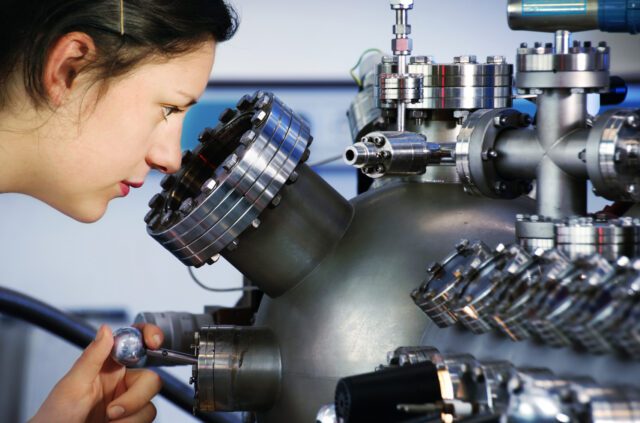

Related Case Studies
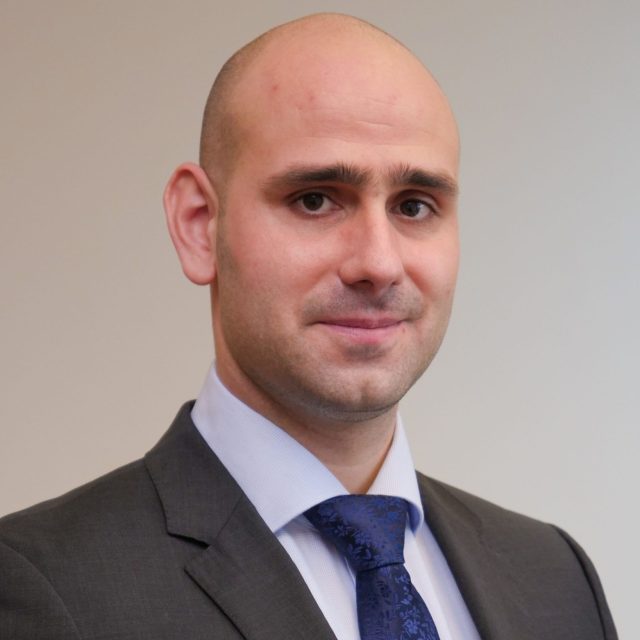

Platform Lead
Professor Patryk Kot
Professor Patryk Kot is an internationally recognised leader in microwave sensor technology and one of the youngest professors in the UK, with a strong track record of advancing sensor-based solutions for healthcare, environmental monitoring, and global development. As Senior Business Development Manager at iiCON, he leads the strategic direction of the Infection Innovation Laboratory: iiTECH, translating cutting-edge research into commercially viable solutions.
Previously, he served as Deputy Director of the Built Environment and Sustainable Technologies (BEST) Research Institute and as Professor of Microwave Sensor Technologies at Liverpool John Moores University. Over the course of his career, he has secured more than £25 million in external research funding and led multidisciplinary teams across global initiatives in biohazard detection (DASA), healthcare diagnostics (UKRI, Gates Foundation), textile chemical sensing (DWFP), and cultural heritage preservation (Horizon 2020).
At iiCON, Professor Kot has played a central role in Gates Foundation-funded projects, adapting microwave spectroscopy for the quality assurance of insecticide spraying in vector control programmes across India and Africa, and developing novel wearable sensors for the detection of Lymphatic Filariasis—contributing to global disease elimination strategies in low-resource settings.
He is currently part of the core team designing the UK’s first Category 3 AI Robotic Laboratories—high-containment facilities equipped with advanced robotics and artificial intelligence to support rapid response to deadly pathogens. His expertise continues to drive innovation, accelerate product commercialisation, and shape strategic industry partnerships within iiCON’s portfolio.
Read more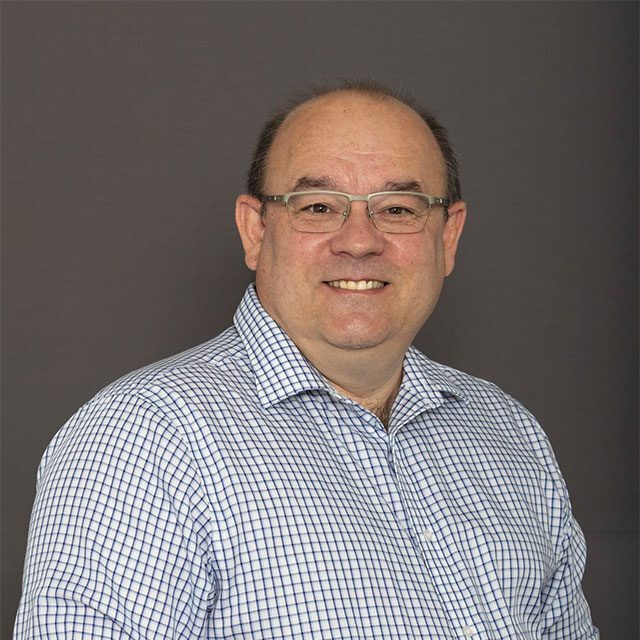

Platform Lead
Professor Andy Shaw
Head of the Built Environment and Sustainable Technology Research Institute (BEST) in the Faculty of Engineering and Technology at Liverpool John Moores University
Professor Shaw also leads the RF and Microwave (RFM) research theme within the institute. He graduated from the University of Liverpool with a BEng Hons in Electrical and Electronic engineering in 1990, a MSc in Materials Science (Engineering) in 1991 and a Ph.D. in 1995, titled “The realisation of an industrial free electron laser”. He worked as a postdoctoral researcher at the University of Liverpool for 8 years on industrial microwave applications for both material processing, sensor technologies and microwave plasma applications.
Read more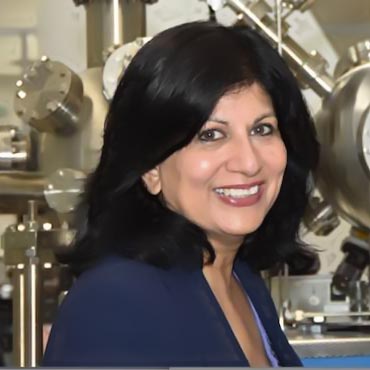

Platform Lead
Professor Rasmita Raval
Professor in Chemistry and Director of the Surface Science Research Centre at the University of Liverpool
Professor Raval is also the Director of ‘The Open Innovation Hub for Antimicrobial Surfaces’ and is one of the four co-directors of the UK ‘National Biofilms Innovation Centre’.
Read more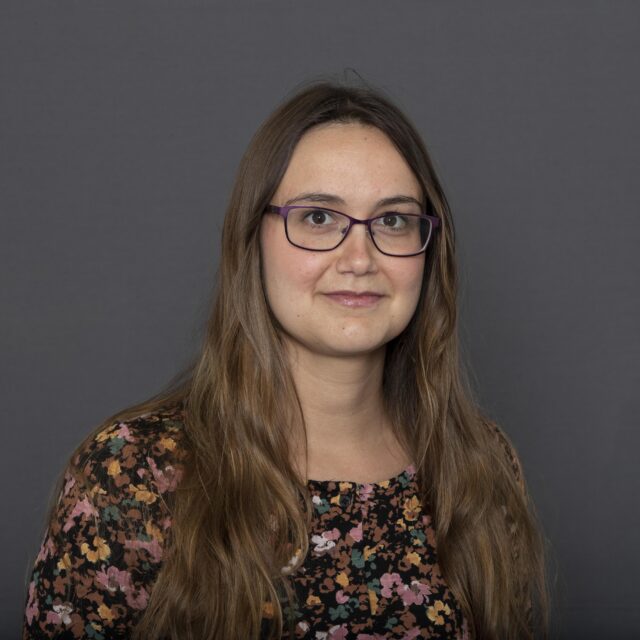

Platform Lead
Dr Ana Isabel Cubas Atienzar
Post-Doctoral Research Associate at Liverpool School of Tropical Medicine
Ana obtained her degree in Veterinary Medicine from the University of Murcia in 2013. In 2017 Ana obtained her PhD from the Salford University (UK). Her PhD focused on the epidemiology and genetic diversity of parasite Toxoplasma gondii in the Peninsula of Yucatan, Mexico. Shortly after her PhD she was appointed as Research Fellow at the Roslin Institute, in Edinburgh where she worked on diagnostic development for porcine viral and bacterial diseases.
Read more